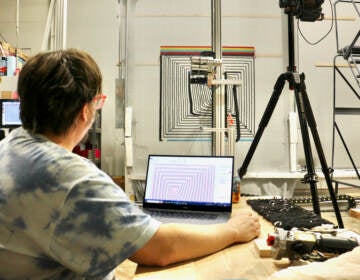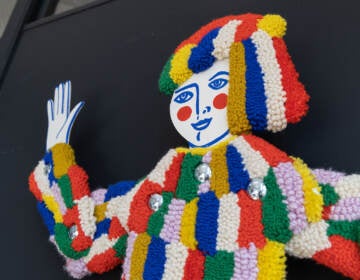How to shape independent artisans into a business network
CraftNOW in Philly and the Creative Business Accelerator in Pittsburgh want to fashion thousands of individual makers into an economic sector.
Two Pennsylvania artisan-support organizations — one in Philadelphia, the other in Pittsburgh — are collaborating on a statewide initiative to track and support thousands of small independent businesses that make things.
CraftNOW, a Philadelphia organization that chiefly presents the work of craft artists in the city through an annual festival and symposium, has teamed up with the Creative Business Accelerator, which supports entrepreneurial artists in Pittsburgh, to form the Keystone Alliance for Creative Economies and Entrepreneurship, or KACEE.
Launched in March, KACEE’s two-prong goals are first to survey and track “makers” — small businesses, often with sole proprietors, that make one-of-a-kind things like furniture, jewelry, ceramics, etc. — and then offer support by way of business coaching, peer networks, and help finding sources of capital.
“Any creative entrepreneur has to be very savvy with marketing, sales, distribution, spreadsheets, finances,” said Leila Cartier, executive director of CraftNOW. “Way too many things beyond what their original goal was, which was to make objects.”
Among recipients of the support is Remark Glass, a glass-blowing studio in South Philadelphia that exclusively uses recycled glass.
One of Remark’s co-founders is Danielle Ruttenberg. When she was studying glass at Tyler School of Art at Temple University, she saw there was a huge amount of glass in the municipal recycling stream, but she could use none of it as part of her art practice at school.
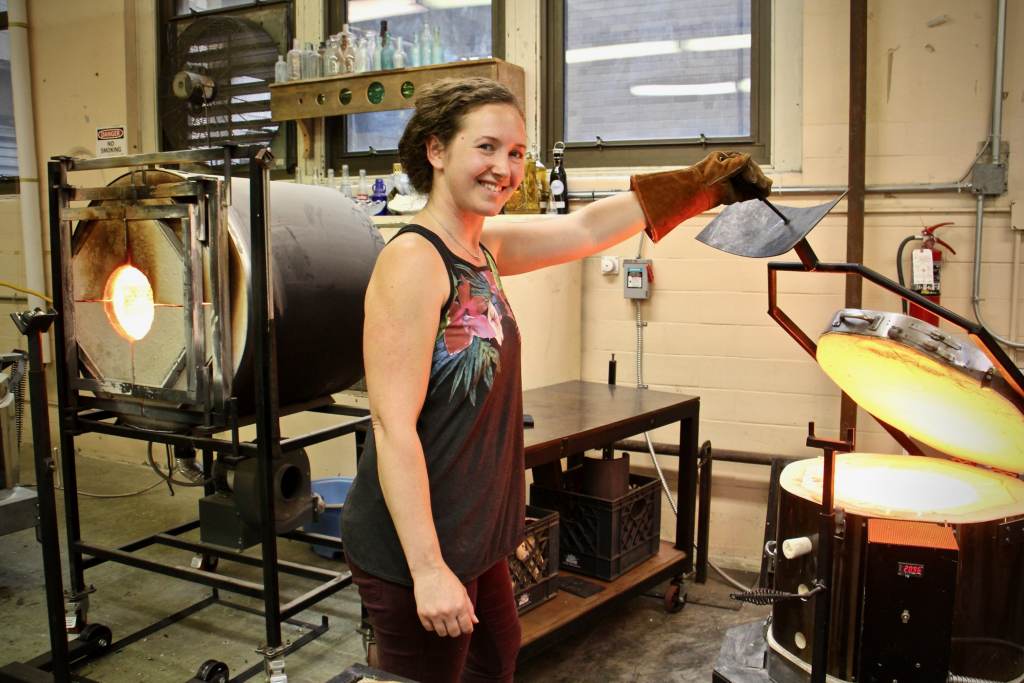
Commercial glass, such as wine bottles and jam jars, is made to be heated, molded, and cooled as quickly as possible to keep a factory production line moving. Studio art glass, on the other hand, is designed to cool slowly, to give the artist more time to shape it by hand and end up with a more perfect finish.
Ruttenberg — along with classmate Mark Ellis and his wife, Rebecca Davies — started to experiment with reshaping individual recycled bottles into hand-made glass products, such as bowls, barware, and light fixtures. They were driven by their collective concerns about the environmental impact of glass’s energy cycle — from mining silica to make it, to the energy used to transport it, to the heat required to recycle it.
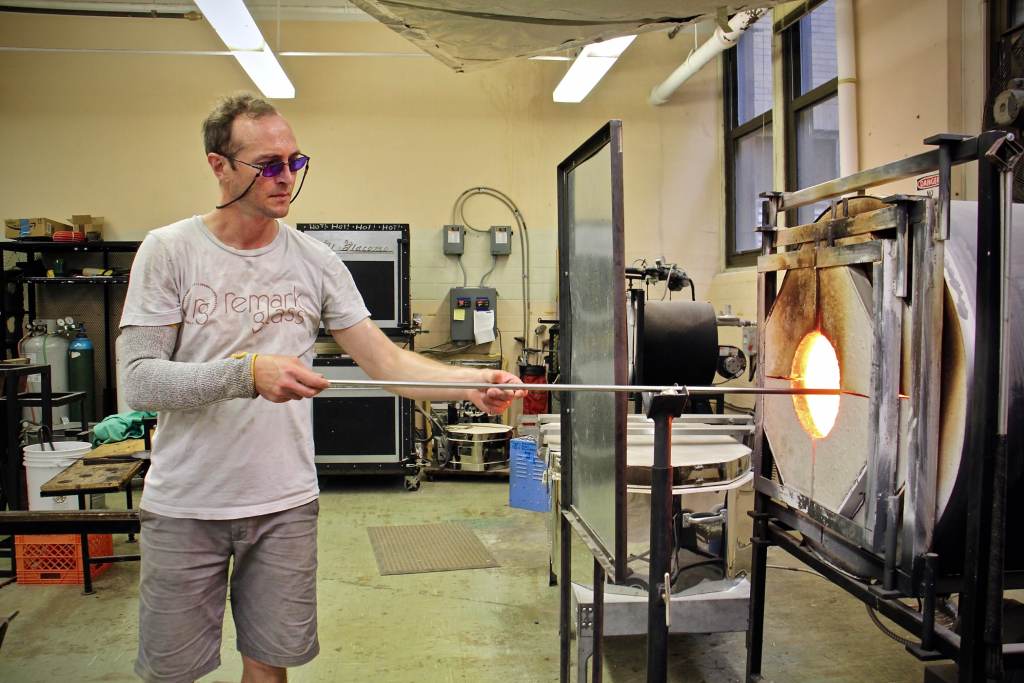
“How can we whittle this down a little, and locally source material that’s literally at our feet?” she said. “Troubleshooting the intricacies of working with a commercial-quality glass, versus glass that is manufactured for artistic reasons to have that smoother quality, just took some trial and error. Look what we have now.”
What Ruttenberg has now is a business with 10 employees in the basement of the Bok Building, a former vocational high school on Mifflin Street that has been redeveloped as a hive of small businesses, many of them light industrial. A year ago, Remark Glass expanded into a nonprofit arm, Bottle Underground, that collects, sorts, cleans, and repurposes glass — without manipulation — as vases for florists, jars for candle makers, and packaging for beauty products.
“Coming from an artistic background, my dad always said I should take a business course. Did I? No, I didn’t,” said Ruttenberg. “I have done that since. But I think a lot of us don’t have that baseline training. We started a business because we know we can, we know we have the goods, we know we have the talent. But how do you run this?”
About a year ago, mid-pandemic, Cartier reached out to Ruttenberg to see if she could use some help. Ruttenberg used CraftNOW to seek out new funding sources, such as grants and microloans, and connect with other creative entrepreneurs to share business insights.
“That’s awesome. I can’t ask for a better wingman, basically a wingwoman,” said Ruttenberg.
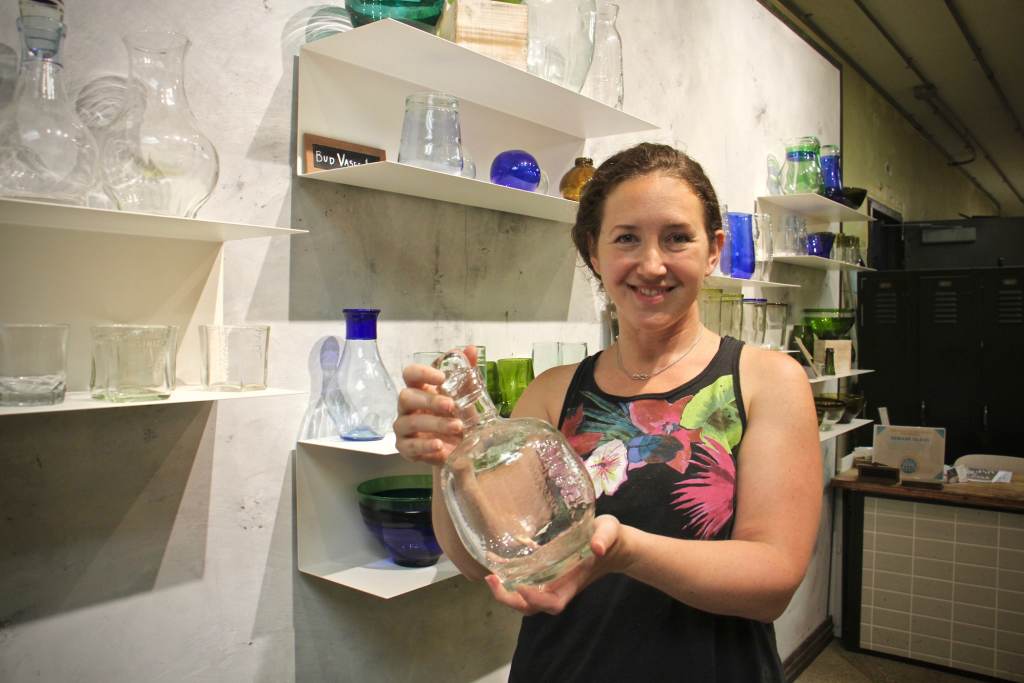
Cartier wants to shift crafters’ thinking of themselves, from not just makers of things but to miniature economic engines. She also wants to alter the thinking of funders.
“What we want to do is demystify what creative entrepreneurs do and how their businesses work, and change the mindset that any funding that goes into the arts is charity,” she said. “In fact, it is an investment in creative communities and local communities.”
The Greater Philadelphia Cultural Alliance keeps tabs on the health of the arts sector — such as museums, performing arts theaters, and community nonprofits — and has determined that the sector supports 55,000 full-time equivalent jobs and has a $4.1 billion economic impact on the region. But independent crafters and small-business artisans are not tallied by the GPCA.
“What I am finding is that those numbers are tied to institutions. They’re not tied to individuals,” said Cartier. “The first several years of CraftNOW were focused on uniting the institutions. Now, what we’re doing is investing the same time and energy on uniting our maker community.”
CraftNOW is attempting to unite the crafting sector by, first and foremost, figuring out who it encompasses. Part of the KACEE partnership is creating a statewide database of people who work in that somewhat vague field of “craft,” an identifier that does not exist in, for example, the list of IRS vocational codes. The Artist and Maker Directory, which continues to expand, has categories such as furniture, glass, jewelry, metalwork, textiles, and ceramics — both “functional” and “sculptural.”
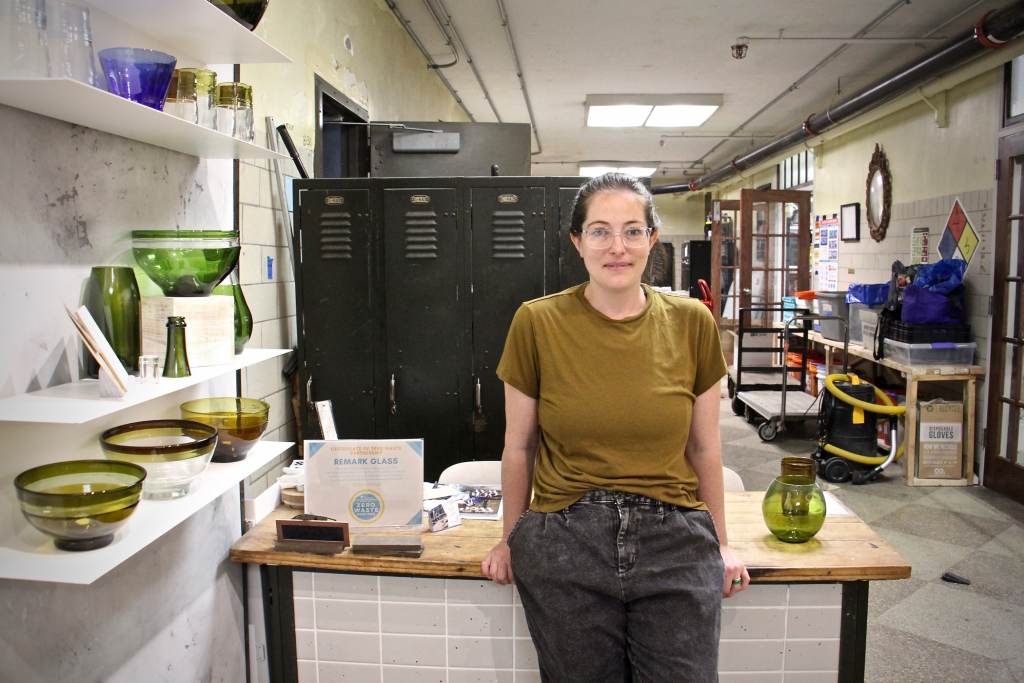
Cartier said many artists become entrepreneurial to sell their work, but without a strong business skill set. They may be used to applying for grants from arts foundations, which often ask for a conceptual and cultural background instead of a financial plan. Artisans may not know, for example, that as sole proprietors of businesses they may have been eligible for federal Paycheck Protection Program loans during the pandemic.
The first stage of the KACEE program has been to host seminars on where to find microloans on the scale of a few hundred or a couple thousand dollars. CraftNOW is able to act as a referral partner to help crafters apply for such loans.
“What these microloans can help do for a small business is help them apply for an LLC [limited liability company], get a website, get some marketing or graphic design help,” said Cartier. “When we check in with them six months to a year later, what did that investment do to help push the needle forward for them?”
The partnership with the Creative Business Accelerator in Pittsburgh is intended to widen the network of crafters and deepen the pool of resources available. The goals of the first year of the KACEE programs are to connect artists and makers with $250,000 in capital investments; markets with $75,000 in facilitated sales; 250 hours of pro-bono technical assistance and business coaching; and over 25,000 square feet of dedicated studio and production space.
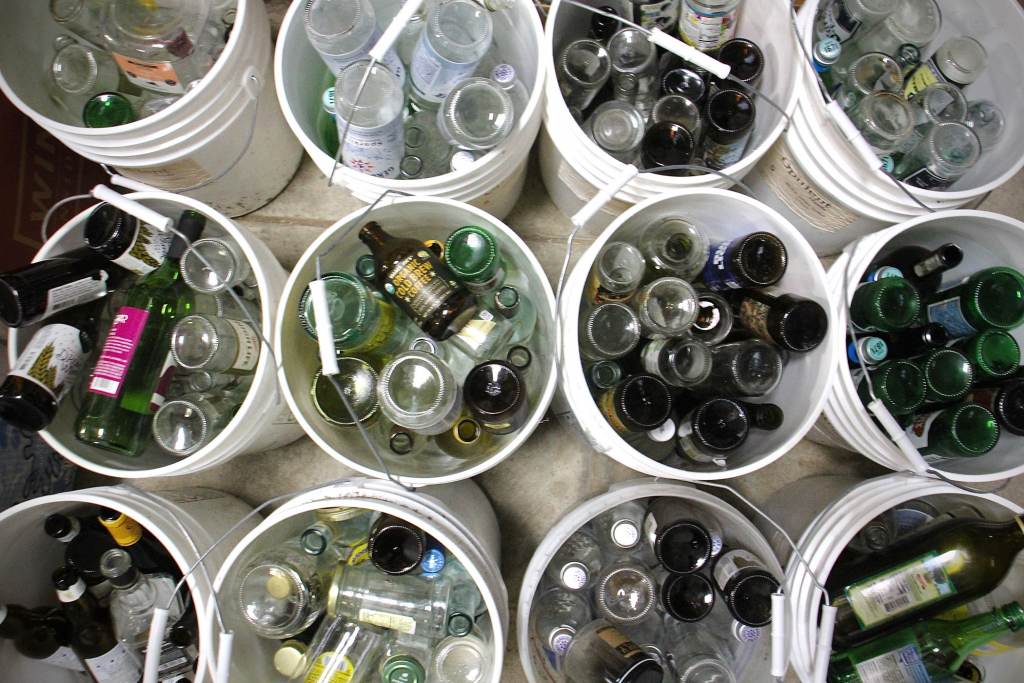
CraftNOW is also taking its own business advice. The organization is in the process of achieving 501(c)(3) nonprofit status, and bringing Cartier — who has been a part-time executive director for six years — on as a full-time director.

Get daily updates from WHYY News!
WHYY is your source for fact-based, in-depth journalism and information. As a nonprofit organization, we rely on financial support from readers like you. Please give today.




